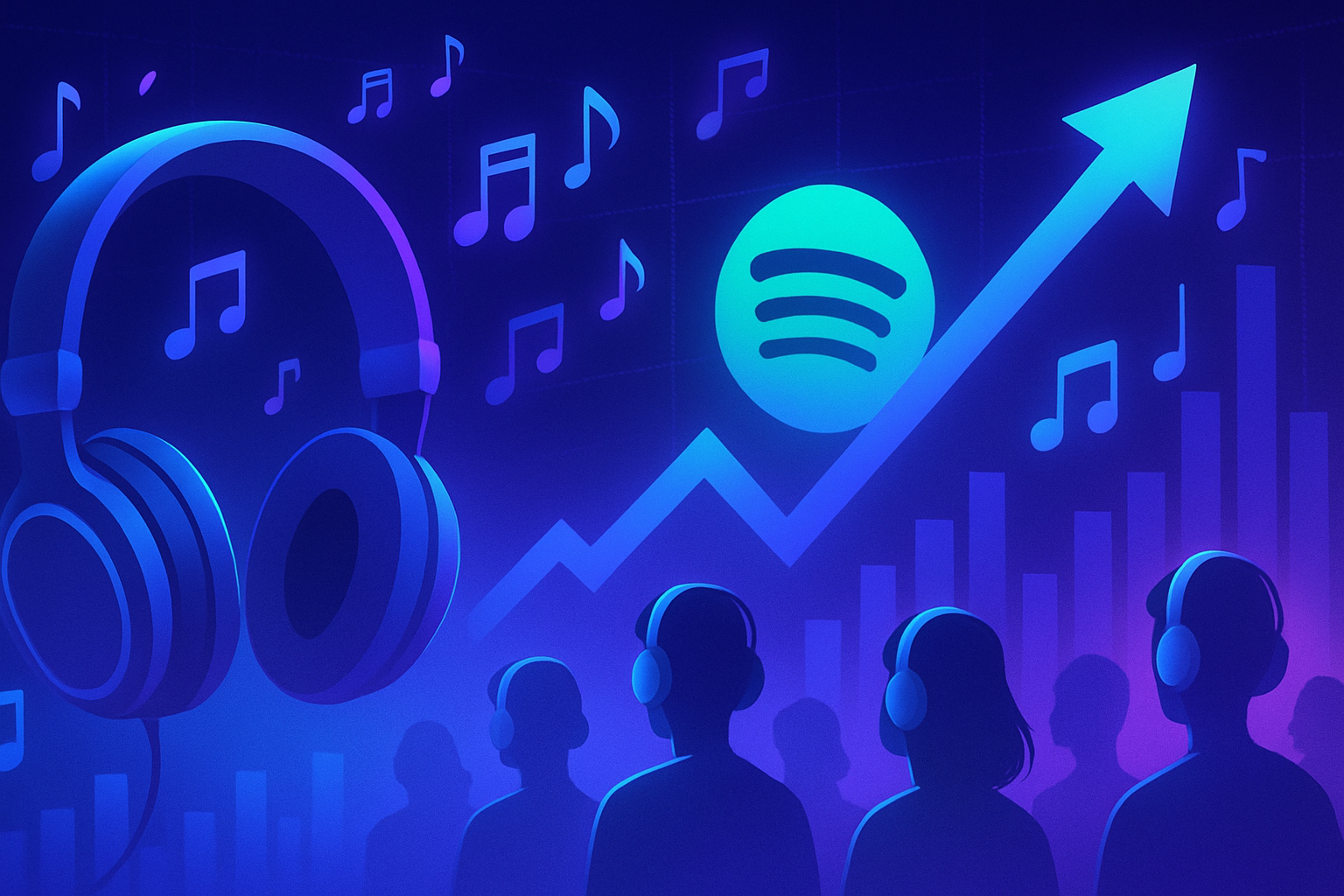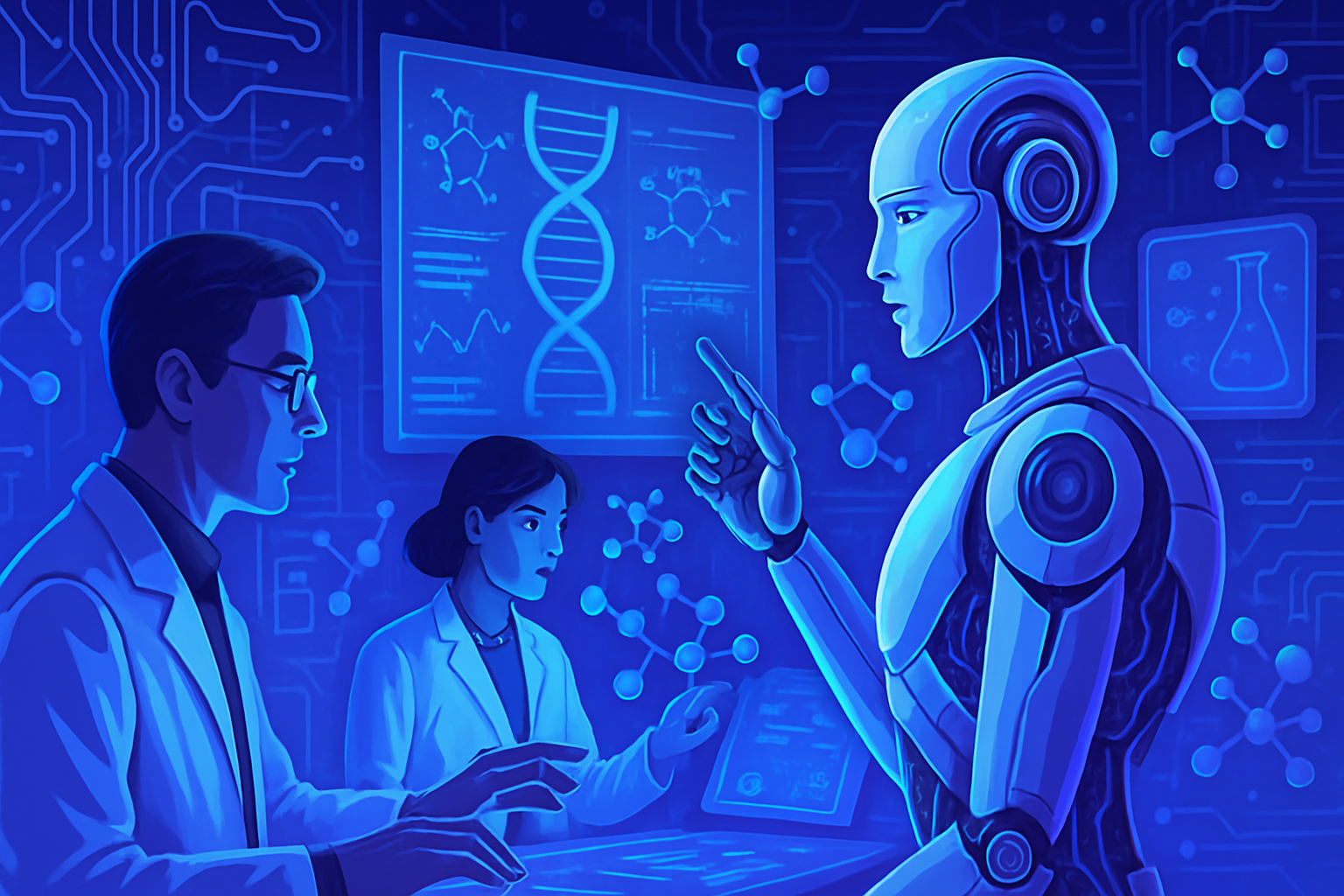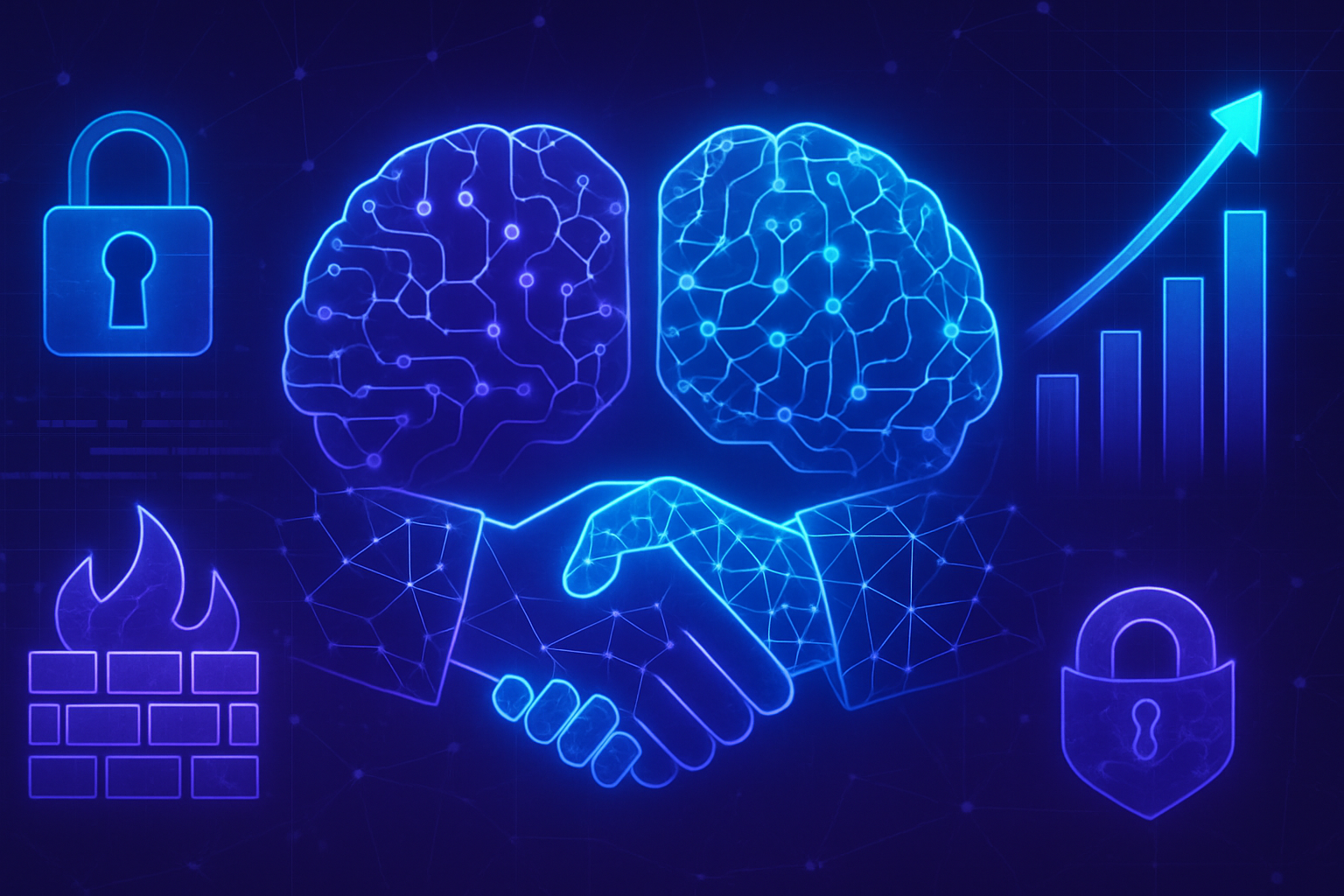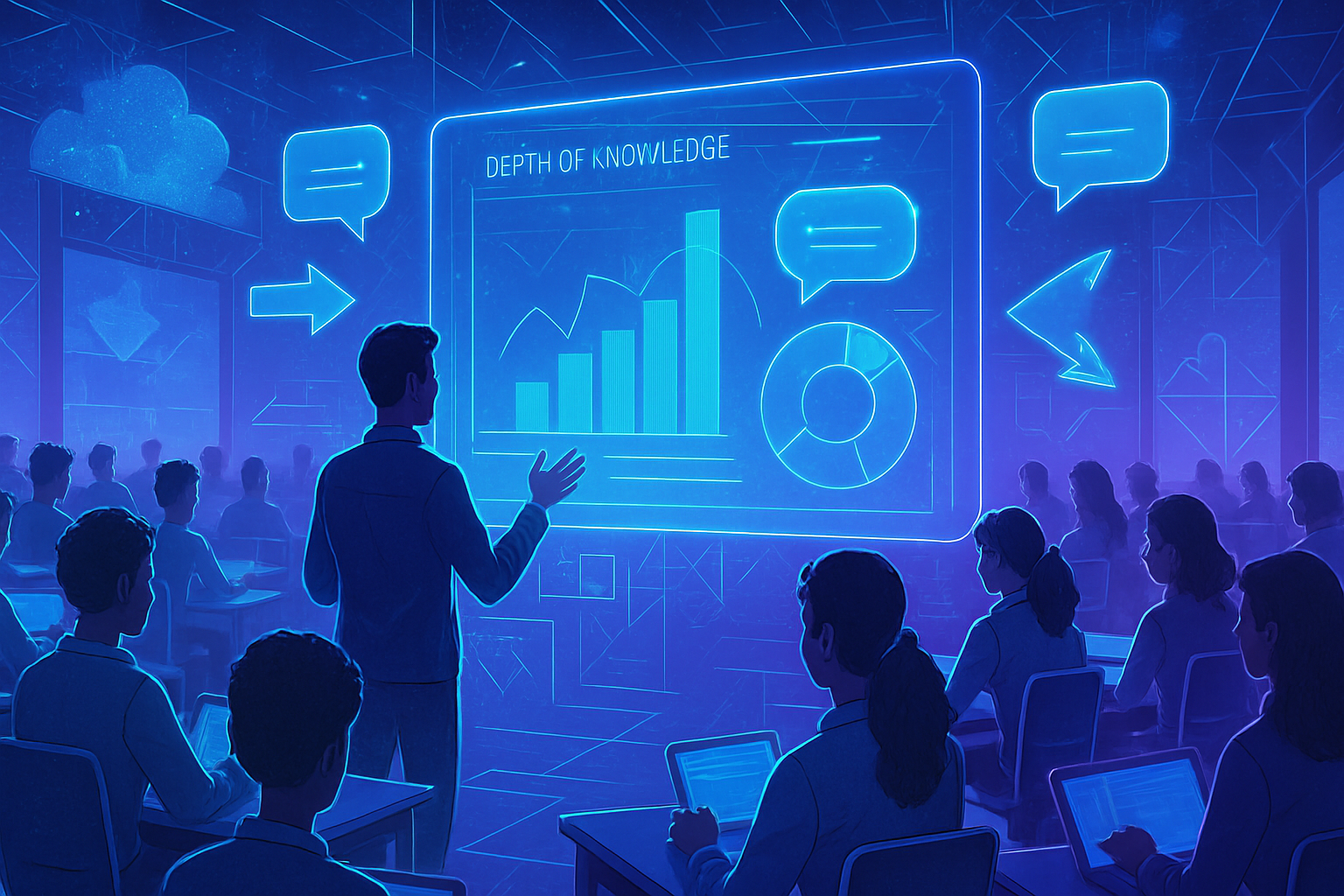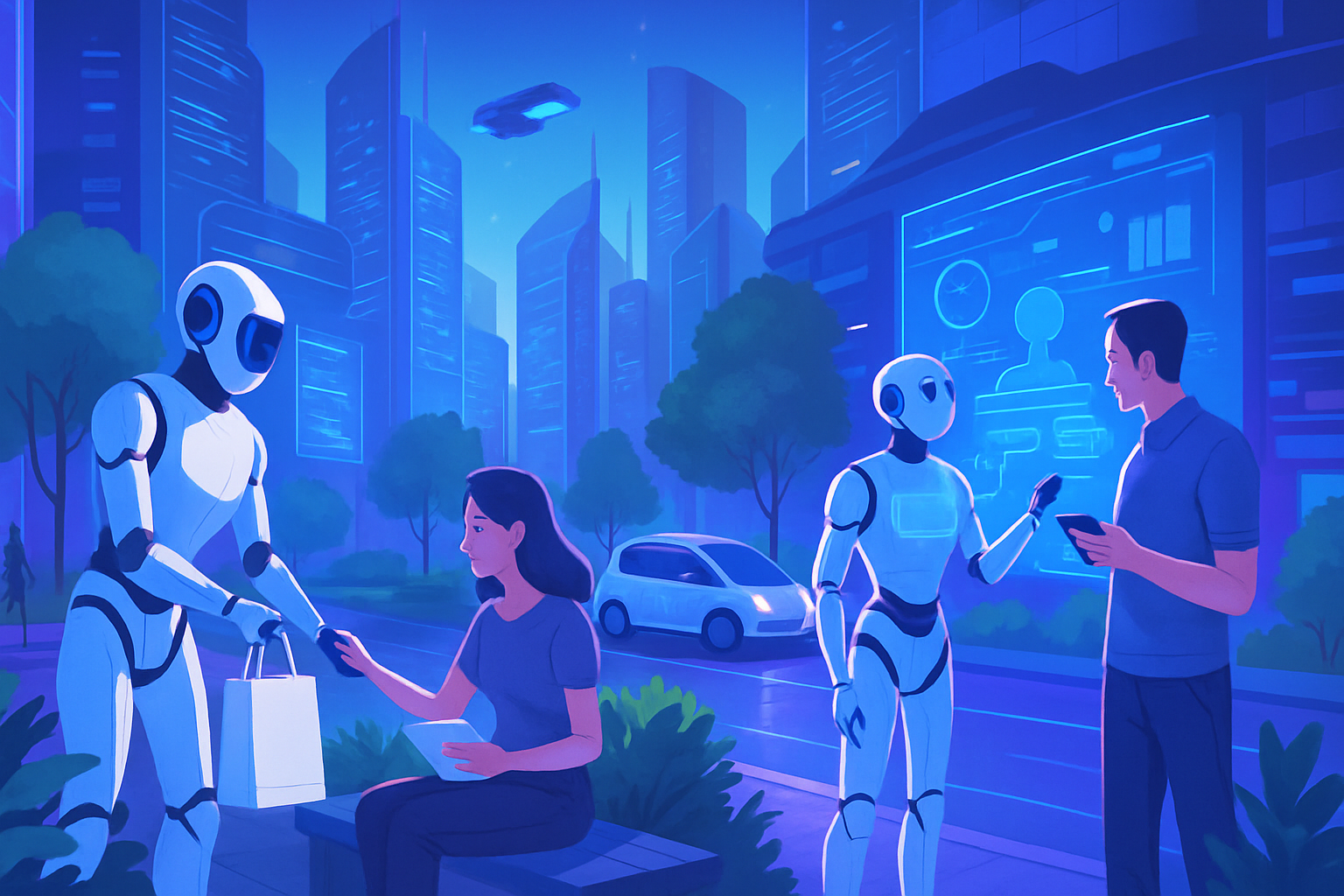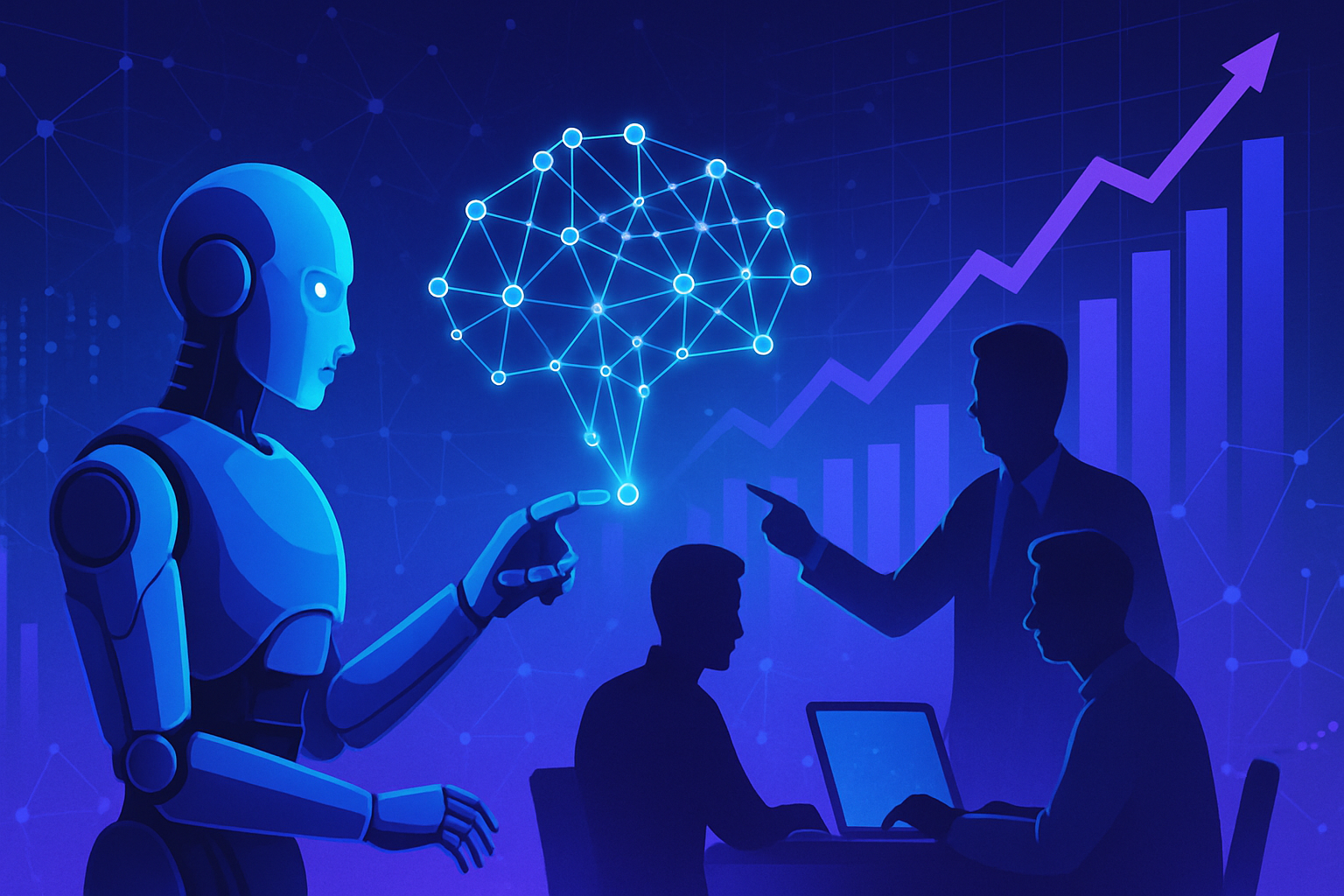Artificial intelligence is redefining the contours of copyright law. The recent developments by Google and OpenAI raise many questions about the protection of creative works. The incessant rise of AI creates a constant struggle between innovation and intellectual property. The need to adapt legislation intensifies in the face of contemporary challenges. How can AI systems, fueled by protected content, coexist with the rights of creators? The growing tension around this issue embodies an essential problem that will require legal and ethical responses. The stakes regarding the appropriation and protection of works are more challenging than ever.
The Legal Challenges Posed by Generative AI
Technological advances in artificial intelligence, notably those by OpenAI and Google, disrupt the established norms regarding copyright. Generative AI, capable of producing varied content, highlights a gray area in the regulation of intellectual property rights.
The works created by these AI systems, whether they are texts, images, or music, raise the question of their protection as original creations. Current legislation, rooted in the necessity of human intervention to claim copyright, finds its limits when faced with these unprecedented innovations. Creative agencies must now confront a reality where human creation and algorithmic efficiency intertwine.
The “Ultraman” Case and Its Implications
A landmark case is that of “Ultraman,” which illustrates the growing complications regarding the use of works protected by AI. The use of images and sequences from Ultraman in AI-generated creations has sparked heated debates. Courts have been called to rule on the legitimacy of such uses, opening a dialogue on what constitutes plagiarism in the digital age.
This case highlighted the need for a revision of the legal framework. Many argue that a specific framework could provide adapted protection for creations stemming from AI while maintaining a balance between innovation and copyright. The tension between protecting creators and the rise of AI capabilities poses a major challenge for decision-makers.
The Aspirations of Tech Giants
Google and OpenAI are engaged in a quest to redefine the concept of fair use. By publishing open letters and research, they advocate for a more flexible interpretation of copyright laws, paving the way for a dynamic where technological innovation is no longer hindered by outdated legislation.
This initiative could also set a precedent that influences the future of intellectual property policies on a global scale. The involvement of AI giants in this fight could lead to notable changes in the practices of creation and content acquisition, transforming the landscape within the creative community.
Regulation Tested by Innovation
In the face of these evolutions, lawmakers must consider solutions that protect the rights of artists while allowing technologies to thrive. Recent discussions within the European Union reflect this duality between the protection of intellectual creation and the stimulation of innovation. The strategies considered must take into account the ethical implications of AI and its impact on creative professions.
Artists and professional organizations are opposing legislation that would allow AI to exploit their works without adequate compensation. Calls for the integration of a clear legal framework to protect culture are emerging, reflecting the growing concerns over copyright issues in the digital age.
Concerns of Creators
Creators fear being stripped of their rights due to the overwhelming capabilities of AI technologies. Prominent figures, including renowned artists, advocate for stronger protection of their works against potential abuses. The need for legislation that would prevent the risk of pillaging their creativity is affirming itself in public debate.
The concerns expressed by cultural professionals resonate strongly and mobilizing. The major issue remains finding a balance between the freedom of innovation allowed by AI and the respect for the rights of original creators. A collective reflection on the future of copyright laws is therefore essential.
Common Q&A on AI and Copyright
What are the main legal challenges related to artificial intelligence and copyright?
The main challenges include the issue of authorship of works generated by AI, the protection of copyright for content used in training AI models, and the different interpretations of the concept of fair use by tech giants like Google and OpenAI.
How are the innovations from Google and OpenAI changing the landscape of copyright?
These organizations are advocating for a broader interpretation of fair use, which could allow greater use of protected works without compensation for original creators, challenging the foundations of intellectual property protection.
Does artificial intelligence hold copyright on its creations?
Currently, copyright is designed to protect human creations. Works generated by AI are not recognized as eligible for copyright protection, posing significant issues for the protection of artists.
What precautions should creators take to protect their works against AI?
Creators should ensure they document their creation process well, establish clear contracts outlining the rights to use their works, and consider revising licenses to adapt to the emergence of AI.
How do current copyright regulations apply to AI-generated works?
Current regulations do not provide a specific framework for AI-generated works. This raises questions about copyright protection, as works must have human intervention to be protected.
What are the potential economic implications of AI on artists and creators?
AI can offer new opportunities for creation, but it is also perceived as a threat to artists’ revenues if their works are exploited by AI models without fair compensation.
How are courts addressing copyright infringement cases related to AI?
Courts are beginning to develop case law concerning copyright infringements associated with AI, but there is still no clear consensus, and each case may depend on the specifics of the facts and evidence presented.
What are the potential impacts of the future legislative framework on AI and copyright?
An adjusted legislative framework could introduce special protections for artists against the use of their works by AI, but it is crucial that it does not stifle scientific and creative innovation.
How can creators engage in the discussion surrounding copyright and AI?
Creators can participate in forums, support organizations that advocate for their rights, and express their concerns during public consultations on copyright regulations related to AI.

